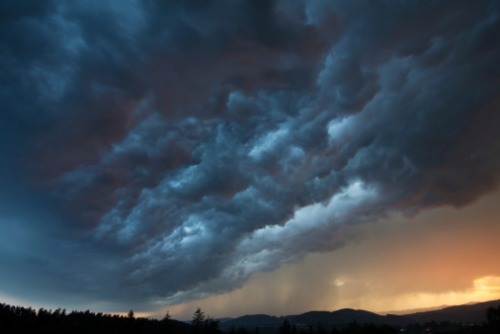

Typhoons Faxai and Hagibis, two massive weather disturbances that impacted Japan in recent weeks, are unlikely to affect the financial stability of the country’s three major non-life insurers, according to a commentary by AM Best.
The international insurance credit rating agency said that the two mega-typhoons are unlikely to have a significant impact on MS&AD Insurance Groups Holdings, Sompo Japan Nipponkoa Insurance, and Tokio Marine & Nichido Fire Insurance, due to their appropriate catastrophe risk management and strong capitalisation levels.
It added that the total catastrophe loss impact on the three insurers is not expected to exceed ¥200 billion (US$1.84 billion). The estimate is before the release of catastrophe loss reserves. As such, the net loss is unlikely to place significant negative pressure on the solvency and capitalisation of the companies.
According to AM Best, preliminary claim figures for Typhoon Hagibis are unavailable as it typically takes up to two weeks for the local insurers to publish their estimates. However, it believes that losses from Typhoon Hagibis will be largely driven by flood impact, rather than wind damage. Due to record-high levels of rainfall in some areas, as well as the relatively high population density in the Greater Tokyo Area, AM Best expects that the big three insurance groups’ gross losses from Typhoon Hagibis will be at around the same level as Typhoon Faxai, but likely less severe than 2018’s Typhoon Jebi.
“In AM Best’s view, the underwriting profit generated by the domestic business of the three mega-insurers this year should be sufficient to cover the expected net losses from Typhoons Faxai and Hagibis, although claims from Typhoon Hagibis may result in it exceeding its domestic catastrophe loss budget for the year,” the commentary said. “Nonetheless, AM Best does not expect the three mega groups to report an overall loss for the current fiscal year, barring any further major catastrophe events in the next five months to the fiscal year-end on March 31.”
